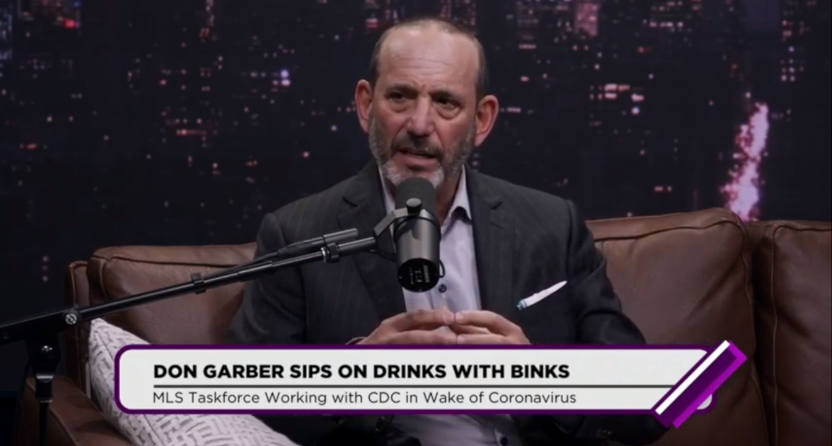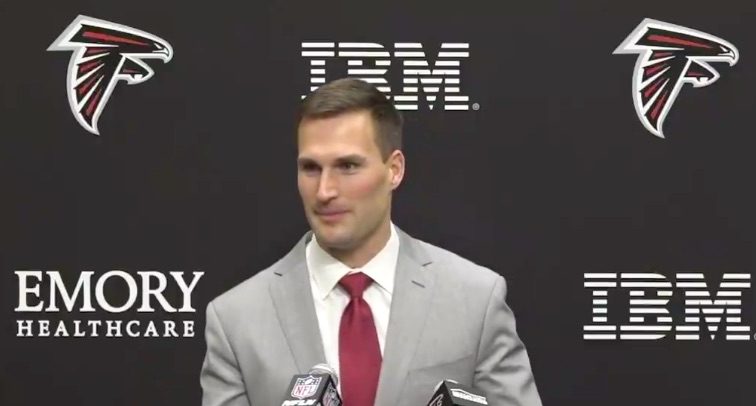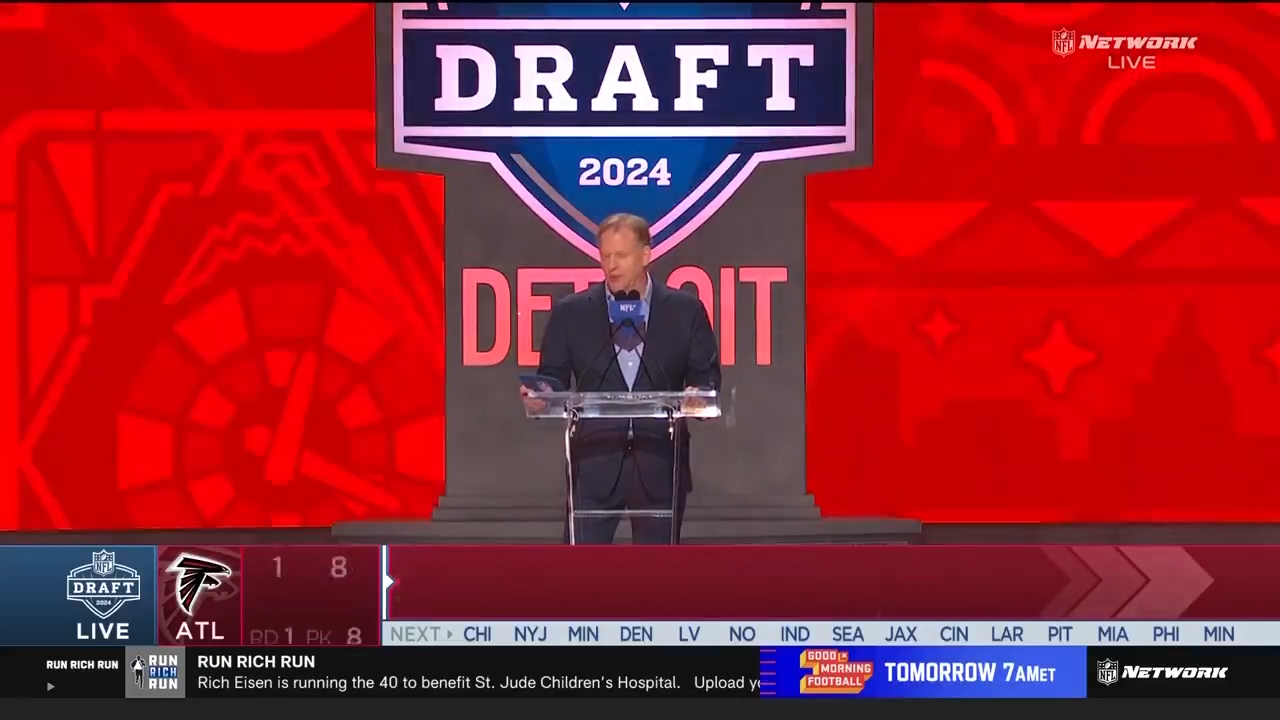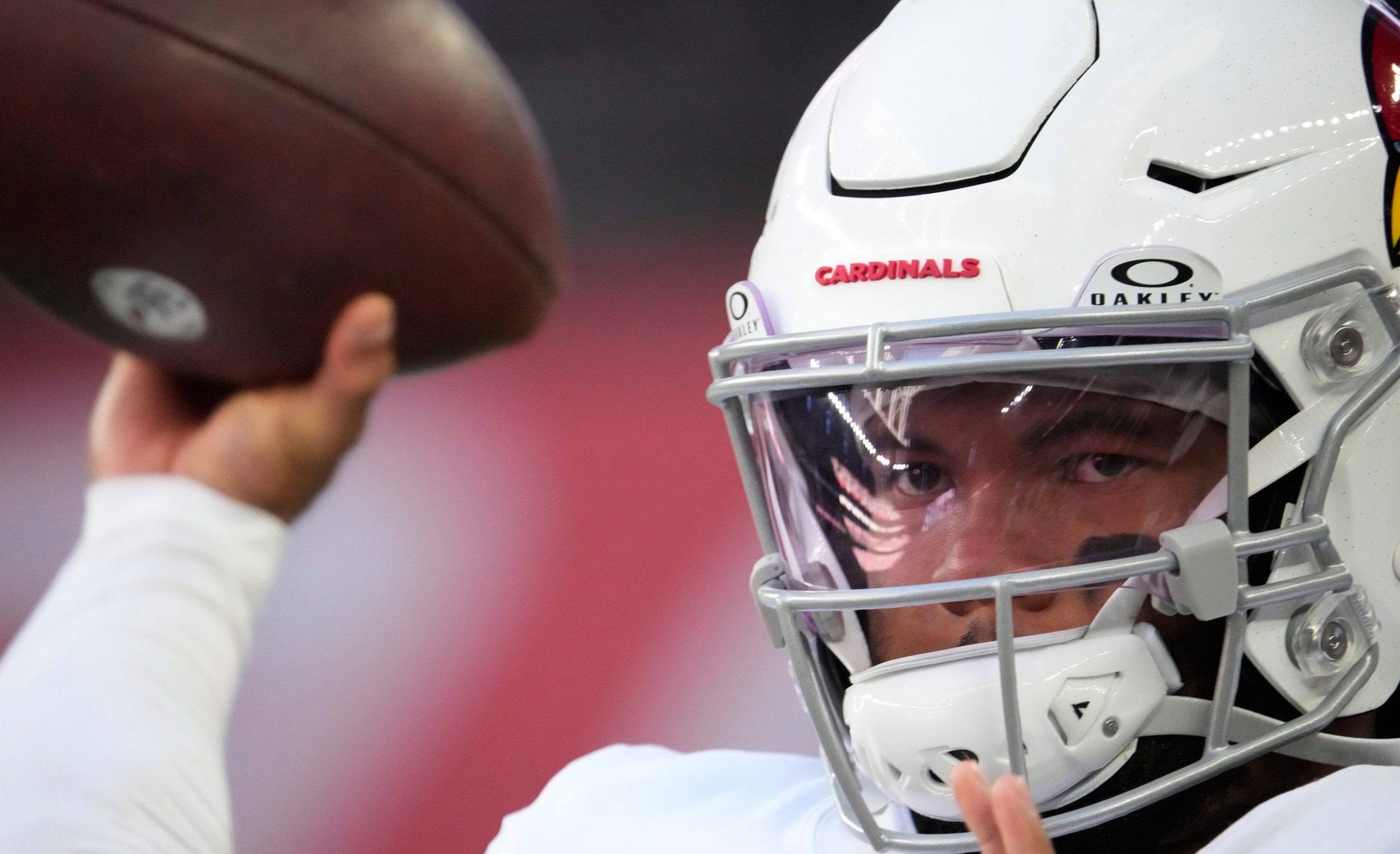The spread of novel coronavirus Covid-19 has had significant impacts across the U.S. and the world so far, and many sports events have already been impacted, including Serie A soccer games in Italy (cancelled), soccer and hockey games in Switzerland (cancelled), the Hong Kong Marathon (cancelled), the Tokyo Marathon (held, but with only a few athletes and with spectators encouraged to stay home), and the World Indoor Track and Field Championships (in Nanjing, China, postponed until next year). So far, though, there haven’t been any sports events in the U.S. cancelled or played behind closed doors.
That could change quickly, though. Athlete advocacy group The National College Players’ Association has said “In regard to the NCAA’s March Madness tournament and other athletic events, there should be a serious discussion about holding competitions without an audience present,” and the NCAA itself has set up a coronavirus advisory panel to monitor the situation. So how are U.S. leagues approaching coronavirus concerns? Well, MLS commissioner Don Garber discussed this with Julie Stewart-Binks on fubo Sports Network‘s Drinks With Binks this week (the full episode airs Friday at 8 p.m. ET/PT, but the interview was conducted Tuesday and fubo has put out some clips from it). His comments illustrate how MLS is already planning for potential coronavirus impacts (and talking with the Center for Disease Control and with other leagues), and how they might take certain actions independently if needed (he says “this is not going to be federally driven, it’s going to be locally driven”), but how they’re also preparing to adapt those plans if the nationwide situation (or the situation in particular areas where they’re involved) changes. Here’s the clip:
This starts with Stewart-Binks asking “Where are you guys with this right now?”, and with Garber responding that they’re gathering information and making plans, but keeping those plans flexible. “It’s very real-time, and the best I can say is, like all businesses, we are trying to be as on top of it and as in front of it as we can possibly be, while knowing that decisions that we make today could be changed tomorrow. I literally came here from a task force meeting in our office.”
After that, Garber continued by saying that that there are some similarities to how the league approached playing games after 9/11 (they cancelled the remaining six regular-season matches, but began the playoffs as normal on Sept. 20) . “This is concerning, to be fair, and it’s new ground. Todd Durbin, who you’ve met, who runs our competition group, said ‘You know, this sort of is a little bit like how we were together as a group after 9/11,’ which happened in such real time and forced us to come together as a league, organize thought and strategy out of the league office while understanding that we had many, many, other constituents, from our employees to our players to all of our teams to the stadiums, some of which we owned and some that we were tenants in. And you’ve got to have the right people in place that are dealing with the issues that require lots of thought.”
“So we have a medical group, we have a security group. JoAnn Neale, who’s the president of the league, who oversees administration and HR and lots of other things strategically, is engaged with leading this group so that we know and can come together every single day on this issue. And we have decisions to make. How are we going to manage the international releases and the FIFA date at the end of the month? We have lots of people that are travelling every day, and travelling internationally and domestically. Are we going to continue to allow that to happen? How are we going to manage the GA Cup (the Generation Adidas Cup, the U-17 academy competition), where we’re bringing in a bunch of international teams? How do we manage our own experiences? We deal in New York, which might be different than dealing in other markets.”
“And the one thing that I would say today is that if this was something that would be airing a month from now, the answers would be very different, because it’s developing. The CDC, the Center for Disease Control, is communicating effectively, as is the task force in the White House. All of us know that this is not going to be federally driven, it’s going to be locally driven. And the local news is developing as we speak.”
When asked about how much responsibility MLS takes on themselves for decisions on this, with numerous other health and regulatory organizations involved, Garber said “The best thing that we can do is ensure that we are getting the best possible timely information in real time so we can make decisions that are in the best interest of all of our constituents, fans, employees, players, et cetera. We as a league are no different than any other sports league. We have to get that information, and you can’t get it from the news, you have to get it from the authorities that are dealing with it as we speak. But it is changing on a day to day basis, and we will make the best decisions for all of our constituents regardless of where ‘the government,’ if you will, comes in. But if the government decides that they’re going to limit public assembly, we’re going to have to adjust to that. And that’s what’s been happening in a handful of cities in Europe.”
Stewart-Binks then asks “What keeps you up at night when something like this is directly potentially going to affect your league?” and Garber says “It’s touched with the unknown. All of us are citizens of the planet, there’s a lot of things we don’t have control over and a lot of things we don’t know that are going to affect our daily lives. I had lunch with my daughter, who’s just coming back from maternity leave and who has a three-month-old baby, and you start thinking ‘How is all of this going to affect your family?’ But at the end of the day, Julie, it’s ‘How does this affect all of us?'”
“And I think that there are business concerns and humanity concerns, and then the overall impact on our lives concerns. I know that we’ll get through this; I’m a student of history, we’ve gotten through terrible world wars, we’ve gotten through terrible conflict and diseases, we’ve gotten through terrorist attacks. And I can remember during all that, thinking that our lives will never be the same. And in some ways, they aren’t. But in many ways, they do get normalized, and this will get normalized also.”
And when specifically asked about the European response, Garber said he’s been impressed with how quickly that went from implementation to execution. “The speed with which they acted; they acted really fast. They closed down their stadiums to fans in Italy very quickly, they postponed just very recently, and they acted quickly. I’m hoping that that doesn’t happen and praying that doesn’t happen, because I think if that’s happening, it would probably affect lots and lots of other public events that take place. But boy, they acted pretty quickly.”
Those are definitely notable comments from Garber overall, and what’s perhaps particularly interesting is the “we will make the best decisions for all of our constituents regardless of where ‘the government,’ if you will, comes in” line. While Garber doesn’t commit to any particular course of action here, those remarks (especially in combination with his earlier comments about how this response needs to be locally driven) suggest that MLS may take measures (which could include everything from altering travel plans to cancelling or postponing smaller events like the Generation Adidas Cup to playing games behind closed doors to cancelling or postponing league games) of their own even before any government regulation comes down (as it did in Italy, which is what led to the cancellation of games there). Maybe no significant changes actually come to pass, but it’s clear that MLS is already seriously considering some big responses to this outbreak, and that they’re keeping a close eye on how it develops.
Garber’s full interview with Stewart-Binks will air on Drinks With Binks on fubo Sports Network Friday at 8 p.m. ET/PT.







